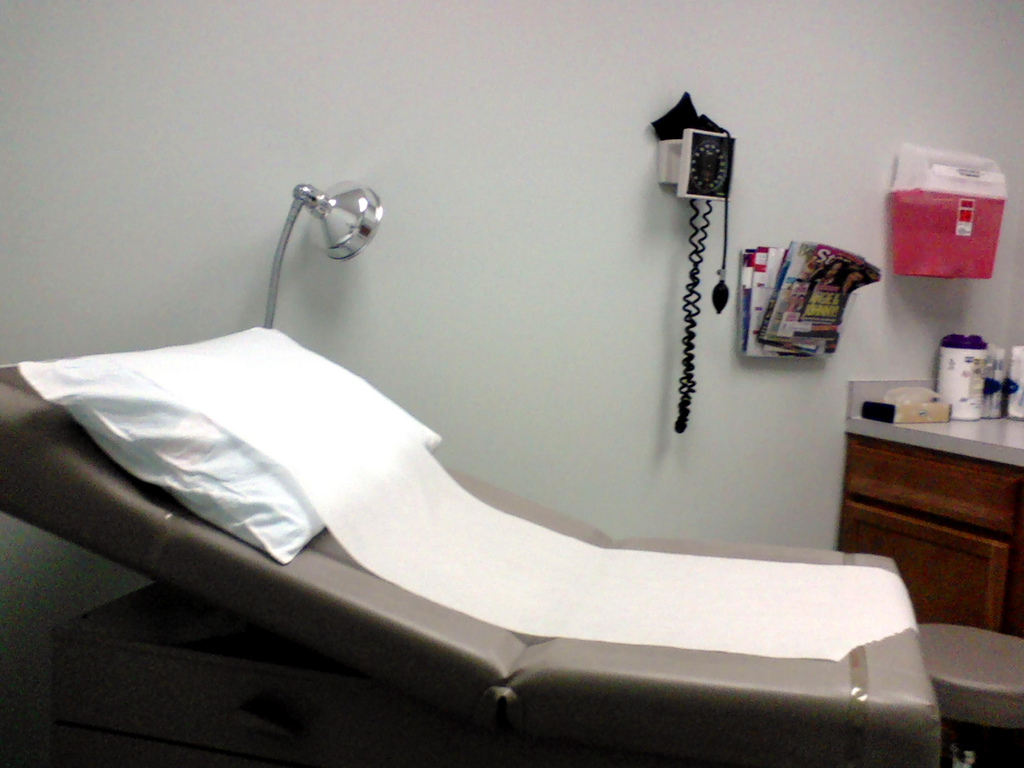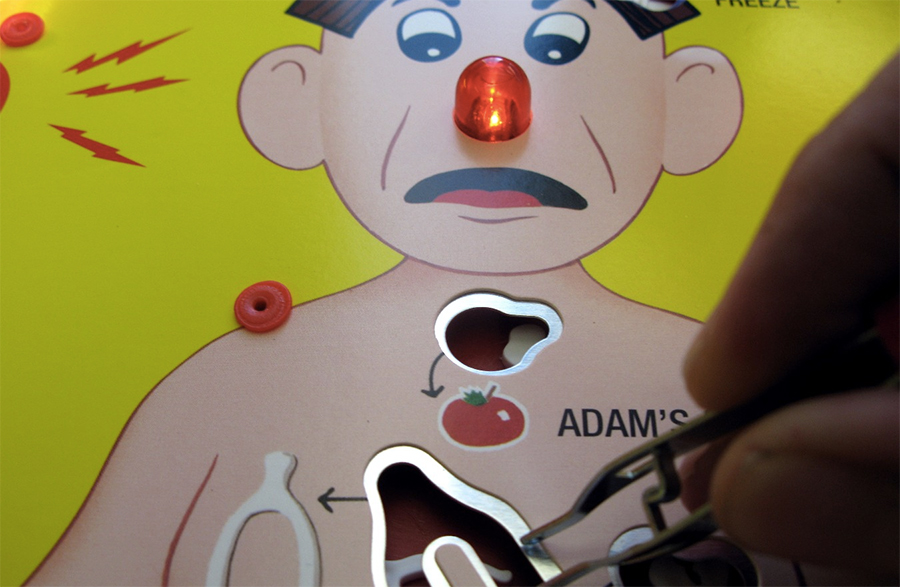The federal government is not as rich and all-powerful as we sometimes think: while the Office for Civil Rights of the the U.S. Department of Health and Human Services has the responsibility of dealing with possible violations of patients’ privacy by medical care providers, it doesn’t have tee budget to post the warning letters that it sends after a single breach online. Is that useful information that the government should know about? Experts say that it is. [More]
health data

Government Just Sends Letters To Providers Accused Of HIPAA Violations, Doesn’t Tell Public

Medical Data Privacy Laws Don’t Actually Cover Apps, Wearables, And Other Consumer Stuff
The future’s really cool sometimes: We get to use all sorts of new technology tools and cloud-based services to help us manage our health. That constellation of apps, trackers, tests, and gadgets gives huge insight into our health and bodies, which is useful to millions… but it also lets a stunning amount of the most personal data out into the wild, unregulated and uncontrolled. [More]

Apple Clarifies Requirements For Medical Research Apps
Earlier this week, Apple announced HeathKit, an open-source software framework to help medical researchers use iPhones to gather data for medical research. This raised some concerns about researchers’ plans to share data collected from the apps, as well as consent and privacy. Now Apple has revised their App Store guidelines before the kit launches, but is that enough to keep study participants informed and safe? [More]

Silly Consumer, Did You Think Your Prescription Info Was Private?
The NYT has the story of a woman who, more than 10 years after she tried and failed to have a baby using in vitro procedures, is still getting marketing information for all sorts of products. First it was Pampers and baby formula — then, as the baby she did not have “grew up,” so did the marketing offers. How did they get her information? They bought it.

